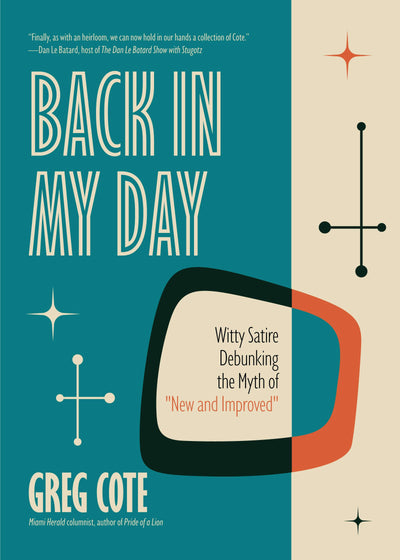You may also like
Nez Perce Dictionary
Regular price $55.00 Save $-55.00
Plain Style
Regular price $19.95 Save $-19.95Plain Style is an amusing and instructive guide to written English by the late Christopher Lasch, author of The Culture of Narcissism, The True and Only Heaven, and many other memorable works of American history and social criticism. Written for the benefit of the students at the University of Rochester, where Lasch taught from 1970 until his death in 1994, it quickly established itself in typescript as a local classic—a lively, witty, and historically minded alternative to the famous volume by William Strunk and E. B. White, The Elements of Style.
Now available for the first time in published form, Plain Style is fundamentally a clear, readable, practical guide to the timeless principles of effective composition. At the same time, however, in ways that Stewart Weaver explains in his critical introduction, it is a distinctive and revealing addition to the published work of an eminent American thinker. No mere primer, Plain Style is an essay in cultural criticism, a political treatise even, by one for whom directness, clarity, and honesty of expression were essential to the living spirit of democracy.
As the teachers and students who have for years benefited from its succinct wisdom will testify, Plain Style is an indispensable guide to writing and, indeed, Christopher Lasch's least-expected but perhaps most serviceable work.

Guerrilla Marketing for Writers
Regular price $19.95 Save $-19.95
One World Almanac 2026
Regular price $18.95 Save $-18.95

Back in My Day
Regular price $19.99 Save $-19.99
In this witty satire book, Greg Cote questions whether advances in technology always signify progress or if they are sometimes overrated.
A humorous look at the past. Step into world of Back in My Day with Greg Cote, acclaimed Miami Herald columnist and podcaster. Through a collection of short essays, Cote delivers lighthearted yet thought-provoking rants on the perceived "new and improved" aspects of modern life through interesting stories.
More than just a satire book. It's a journey through fun trivia, random interesting facts, and captivating stories. Perfect for fans of the Dan LeBatard Show and those seeking a dose of wit and wisdom, this book promises an entertaining read that leaves a lasting impression.
Inside you’ll find:
- Greg Cote’s delightful exploration of the quirks and nuances of modern living.
- A chance to laugh, ponder the insights, and revel in the joy of discovering the unexpected.
- Stories of nostalgia to entertain an enlighten.
If you liked I Remember That!, Why Do We Say That?, or The Origin of Names, Words and Everything in Between, you’ll love Back in My Day!

Essays in Linguistic Ethnography
Regular price $42.95 Save $-42.95This book argues for an approach to linguistic ethnography which departs from the singular gaze of the academic researcher, to amplify instead the voices of participants, researchers and collaborators. The authors offer an account of writing ethnography polyphonically, incorporating the complexity of individual voices. In doing so they challenge the imperative to make meaning from, and explain the culture of, ‘the other’. Together, the essays open up the emic perspective by considering the experiential, aesthetic, emotional, moral and ethical value people bring to encounters with others. The book is an essential addition to research methods courses in applied linguistics and sociolinguistics, and an invaluable contribution to knowledge about research-based drama, theatre and creative practice.







